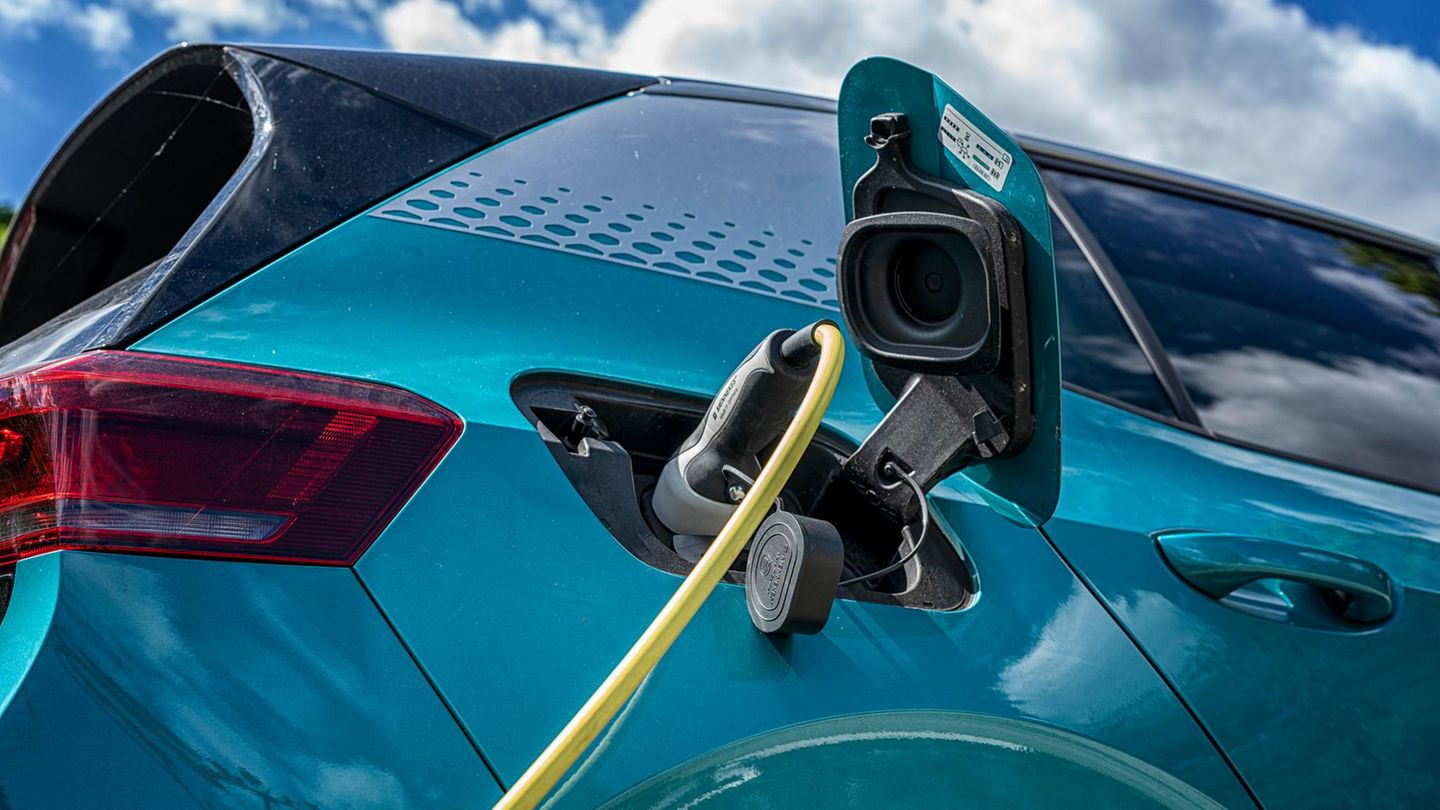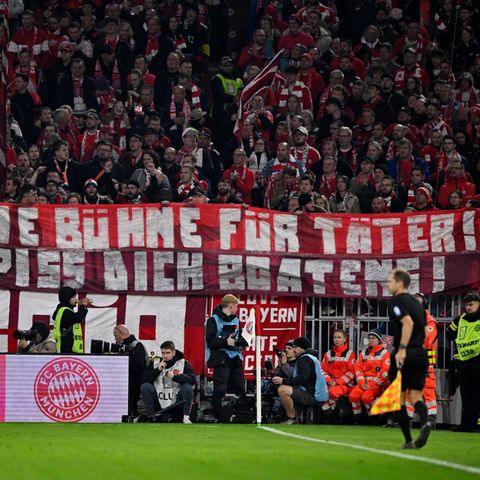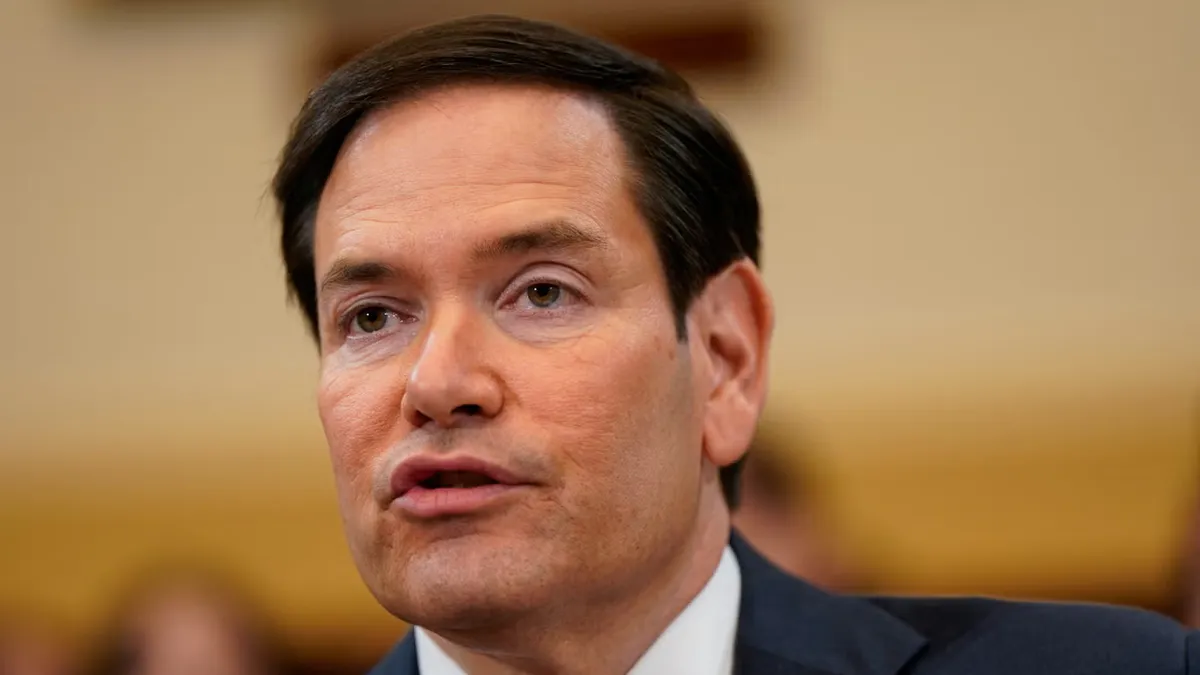Since the end of subsidies for electric cars, pure battery-powered vehicles have become slow sellers. Cars with a different technology are selling comparatively well – but German manufacturers play no role in this.
Purely electric cars are becoming increasingly unpopular on the German market. As the Federal Motor Transport Authority (KBA) announced in mid-September, the number of new registrations for vehicles with battery-electric drives in the first eight months of 2024 was 32 percent lower than the same period last year. Sales thus fell even more sharply than sales in the overall declining car market.
The slump was particularly dramatic in August, when almost 69 percent fewer battery-powered vehicles were registered than in the same month last year. Purely electric cars therefore only had a market share of 12.7 percent in the first eight months.
The industry faces penalties
In view of these figures, the plans of the federal government and car manufacturers to significantly increase the proportion of electric vehicles in their fleets are becoming increasingly unlikely. The abrupt end of the subsidy for battery-powered vehicles at the beginning of the year did lead to a short-term surge in demand in the last months of last year. Overall, however, the number of new registrations has fallen significantly.
This is problematic for the already struggling industry for several reasons. Firstly, manufacturers face penalties if their vehicle fleets exceed the constantly decreasing limits for carbon dioxide emissions. Secondly, from 2035 onwards, cars with combustion engines will de facto no longer be allowed in the European Union. However, this would require customers to get used to battery-powered vehicles – which is not currently happening.
Instead of electric cars: best-selling hybrids
In contrast to battery-powered cars, hybrid vehicles without cables, i.e. cars that have both an electric drive and a combustion engine and in which the battery is charged while driving, have remained largely stable. Their comparatively high sales figures ensure that the so-called alternative drives have a total share of almost 45 percent.
However, hybrids are unlikely to be able to meet the stricter limits for fleet emissions. In addition, cars with two drives are a specialty of Asian manufacturers such as Toyota, Honda or Hyundai; they play no role for German manufacturers.
Return to funding?
In view of the weakness of pure battery-powered cars, new funding scenarios are being discussed in the federal government. For example, electrically powered company cars are to enjoy a tax privilege that will even be extended to more expensive models. However, the Chancellor’s party, the SPD, is also calling for the abolished purchase premiums to be revived in a new format.
The Volkswagen Group in particular, Europe’s largest car manufacturer, has recently had significant sales problems and is therefore no longer ruling out closing factories in Germany. There are therefore increasing calls in politics to help the industry.
Source: Stern




